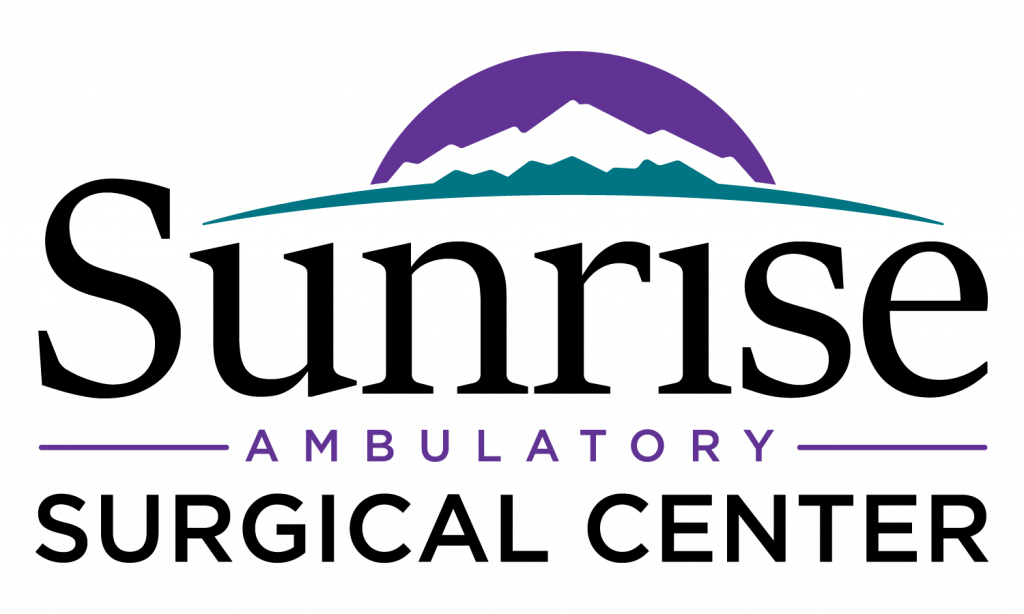Degenerative Disc Disease (DDD)
Degenerative disc disease (DDD) isn’t a disease, but rather, a term to describe the effects of normal aging and wear and tear of the spinal discs. For some, the normal aging of spinal discs comes with more pain and discomfort.
While most commonly affecting the neck and lower back, also known as the lumbar region, DDD may also be felt throughout the spine in certain cases. For most who suffer from DDD, surgery is not necessary.
In addition to neck and back pain, DDD may lead to conditions such as osteoarthritis, herniated discs or spinal stenosis.
Warning Signs & Symptoms
Degenerative disc disease may result in back or neck pain, or no pain at all, depending on the location of the affected disc. An affected disc in the neck area may result in neck or arm pain, while an affected disc in the lower back may result in pain in the back, buttock or leg. The pain often gets worse with movements such as bending over, reaching up or twisting.
Triggers for pain may come following a major injury such as a fall or a car accident, a minor injury such as a fall from a low height, or a seemingly safe and normal motion such as bending over. It may also start gradually for no known reason and get worse over time. Some may also experience numbness or tingling in arms or legs.
Risk Factors & Possible Causes
With age, we all experience spinal disc degeneration, which, for some, may result in degenerative disc disease.
Normal changes in spinal discs include:
- Fluid loss—this may make discs less-flexible and less shock absorbent
- Microscopic cracks or tears in the outer layer of the disc—the center of a spinal disc consists of a jellylike substance that may be pushed out through tiny cracks or tears, possibly causing the disc to swell, rupture or splinter.
People who smoke are at a higher risk for developing degenerative disc disease.
Those who do repetitive heavy lifting and other primarily physical jobs, as well as those who are obese are also more at risk.
Tests to Diagnose Degenerative Disc Disease
Degenerative disc disease is diagnosed with a physical and neurological exam and overall medical history intake. In addition to symptoms, the doctor will likely ask about previous injuries or illnesses, activities that may be causing pain in the back, neck, arms, back, buttock or leg and daily habits such as smoking. DDD requires multiple forms of testing because, unlike an injury, it can be difficult to determine the roots of common back and neck pain, making it necessary to rule out other possible causes.
During the physical and neurological exam, the doctor may:
- Test reflexes, range of motion, muscle strength and any movements that cause pain
- Observe posture and overall physical condition
- Check for any changes in nerves, as well as trace where and how pain travels from the back/spine to other areas of the body
- Check the spine’s curvature and alignment
Possible additional tests may be:
- X-Rays to check for narrowing spine channels, bone spurs, fractures or osteoarthritis
- Bone scans
- Discogram or discography to confirm or deny the source of pain
- Myelogram
- CT
- MRI
Treatment Options
Treatment for degenerative disc disease may or may not require surgery. In many cases, changing or adjusting frequent physical activities and prescribing certain medications may help sufficiently so that surgery isn’t necessary.
Before determining treatment, a doctor may ask patients to eliminate or restrict certain activities to see if the pain patterns and locations change. In some cases, doctors may ask that a patient do only low-impact activities or wear a brace.
A doctor may request a trial of epidural steroid injections. While they may provide long-term relief, they are often requested to help provide short-term relief so that patients can improve their mobility and can participate in their rehabilitation.
Physical therapy, acupuncture, weight loss or seeing a chiropractor may also be recommended.
Possible medications could be:
- Non-steroidal anti-inflammatory agents
- Pain relievers
- Muscle relaxants
- Sleep aids
- Antidepressants
Prevention
Degenerative disc disease may be prevented through an exercise routine that avoids back or neck strain, good posture, quitting smoking and maintaining a healthy weight.
